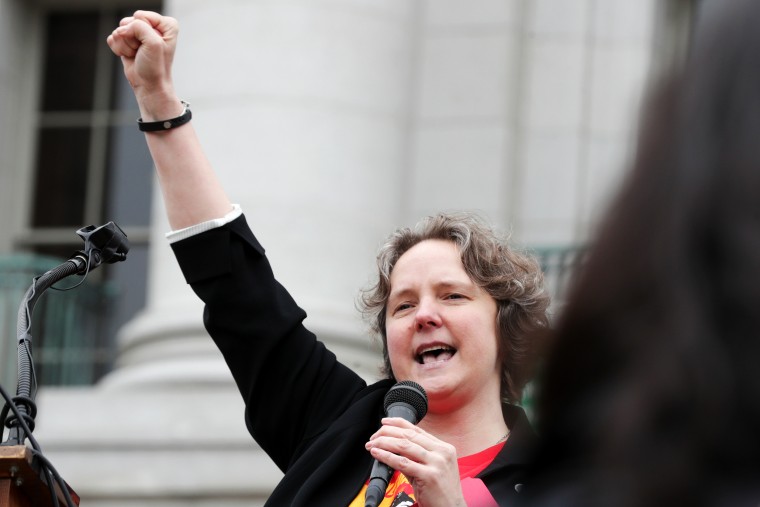As cities across the United States grapple with the pervasive issue of poverty, innovative programs aimed at alleviating economic hardship are gaining traction. One such initiative making waves in numerous municipalities is the expansion of free cash programs designed to bolster the safety net for low-income individuals and families. These programs, which provide direct financial assistance to those in need, represent a proactive approach to combating poverty and addressing systemic inequalities.
The concept of free cash programs has been met with both enthusiasm and skepticism. Advocates argue that these initiatives offer a practical solution to the immediate financial needs of marginalized communities while also promoting economic mobility. By providing unrestricted cash transfers, individuals are empowered to make decisions based on their unique circumstances, whether it be covering essential expenses, investing in education or starting a small business.
Critics, on the other hand, express concerns about the sustainability and potential unintended consequences of free cash programs. Questions have been raised about the long-term viability of such initiatives and the impact on workforce participation. Additionally, there is debate surrounding the efficacy of cash transfers in addressing structural issues that contribute to poverty, such as lack of affordable housing, healthcare, and education.
Despite these reservations, the proliferation of free cash programs across diverse cities indicates a growing recognition of the need for innovative solutions to combat poverty. Cities like Stockton, California, and Newark, New Jersey, have garnered national attention for their successful implementation of pilot programs that provide direct cash assistance to residents in need. These initiatives have demonstrated promising outcomes, including reduced financial stress, increased economic stability, and improved overall well-being.
The expansion of free cash programs reflects a shift towards more inclusive and equitable approaches to addressing poverty. By prioritizing the financial security of vulnerable populations, cities are signaling a commitment to fostering social and economic justice for all residents. As these programs continue to evolve and expand, it is essential to closely monitor their impact, gather data on outcomes, and engage in meaningful dialogue to ensure that they are effectively meeting the needs of those they aim to serve. Ultimately, the success of free cash programs in alleviating poverty will depend on thoughtful planning, community engagement, and a sustained commitment to creating a more just and equitable society.

